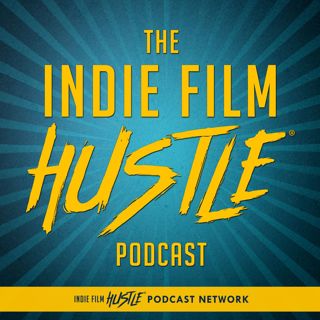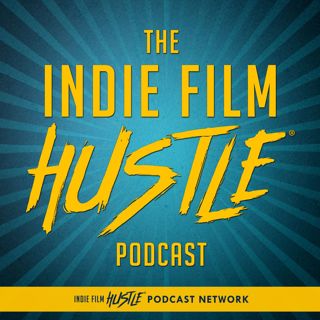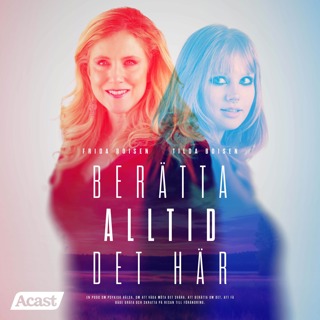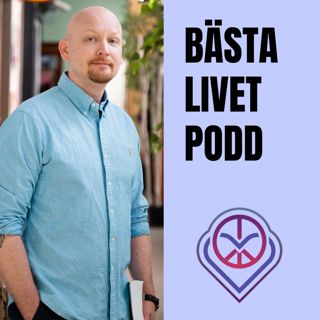
IFH 827: Turning a Script into a Movie: The Indie Filmmaking Story of Jamie Buckner
Jamie Buckner’s filmmaking journey is one built on passion, persistence, and pure creative drive. After exploring careers in music, architecture, and art, he realized filmmaking combined everything he...
4 Nov 20251h 11min

IFH 826: How to Turn a Script Into a Movie Without Hollywood’s Help with Chris Jay
Chris Jay, once a touring musician with the rock band Army of Freshmen, found a new creative path when the music industry shifted and opportunities dried up. Instead of giving up, he and his bandmate ...
28 Okt 20251h 19min

IFH 825: The Untold Stories of Women in Action Cinema with Melanie Wise
Melanie Wise, a former model and actress, discusses her transition to producing due to height-related challenges in acting. She produced the horror action film "Hannah's Gift," which she also starred ...
21 Okt 202552min

IFH 824: The Screenwriting Secrets Every Indie Writer Needs to Know with Dan Benamor
Dan Benamor began his film career as an intern, quickly working his way up to head of development at a small production company. That experience gave him a deep understanding of story and the industry...
14 Okt 202540min

IFH 823: The Secret to Getting Noticed as a Screenwriter with James Moorer
James Moorer is a screenwriter whose path into Hollywood began with early experiments in short films and years of disciplined study. Starting out as a PA, he worked his way up while sharpening his cra...
7 Okt 20251h 10min

IFH 822: From Video Games to the Big Screen: The Filmmaking Journey of Nicole Jones-Dion
Nicole Jones-Dion, a screenwriter, director, and producer, shared her unconventional path into filmmaking, beginning in the world of video games and comics before moving into film. Known for her work ...
30 Sep 202537min

IFH 821: Filmmaking Without Permission: The Independent Journey of Clarke Scott
Clarke Scott, an Australian writer, director, and commercial photographer, shared his unconventional path into filmmaking after leaving behind academia and corporate work. A chance encounter in the Hi...
23 Sep 20251h 1min

IFH 820: Screenwriting, The BAM Method, And How To Write A Screenplay That Stands Out with Mike Bierman
Award-winning screenwriter Mike Bierman has carved an unconventional path into the world of storytelling, moving from reading his daughter’s audition scripts to building a reputation as both a prolifi...
16 Sep 20251h 59min






















